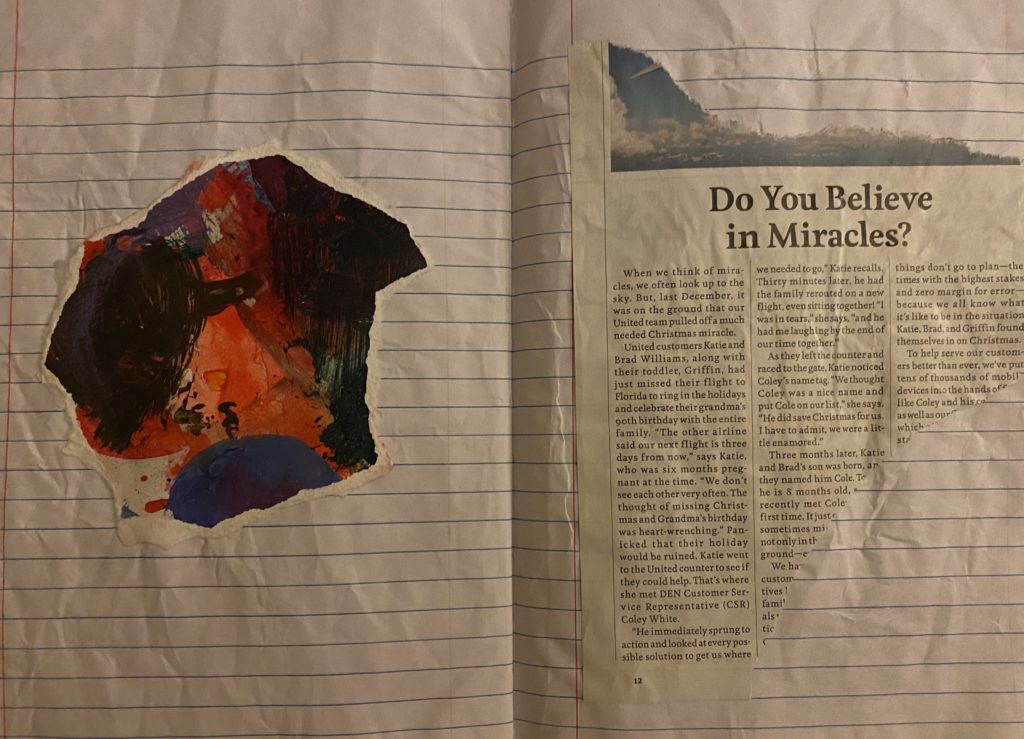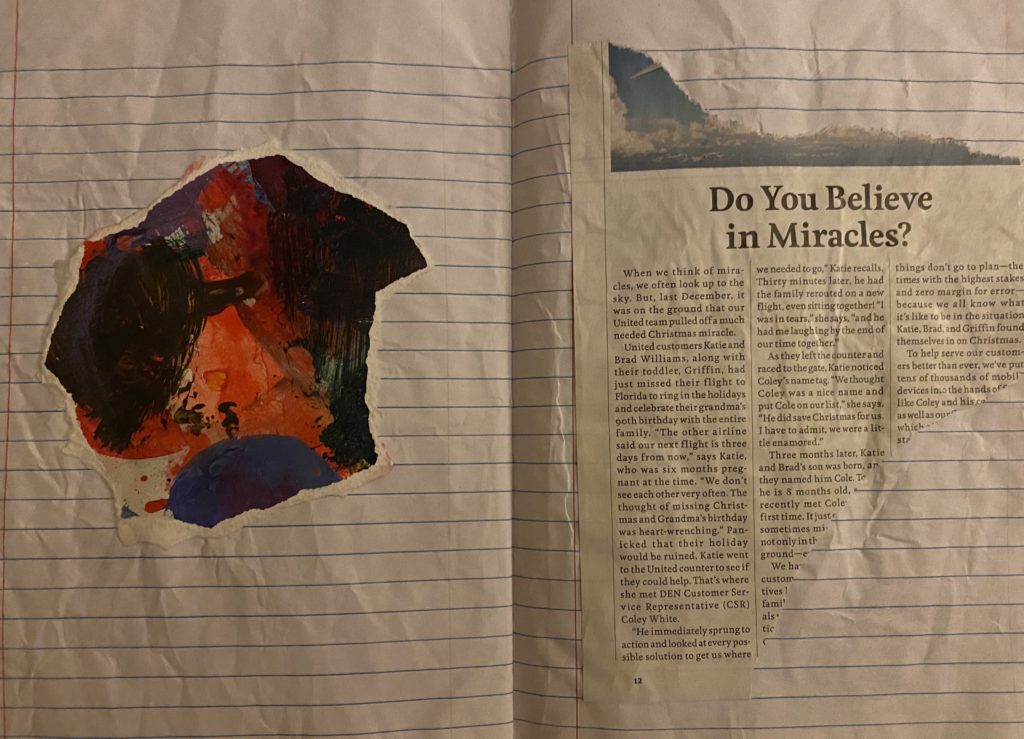“That I feed the beggar – that I forgive an insult – that I love my enemy in the name of Christ – all these are undoubtedly great virtues…But what if I should discover that the least amongst them all – the poorest of all beggars – the most impudent of all offenders – yea the very fiend himself – that these are within me? And that I myself stand in need of the alms of my own kindness. That I myself am the enemy that must be loved. What then?”
-Carl Jung
I am struck by the phrase ‘First-world problems’, (which I have used myself) because I actually think it’s an unhelpful, knee-jerk, shame-based way to shut ourselves or others down. There are all different kinds of suffering, and my suffering doesn’t negate another person’s suffering. I also think that those of us most prone to using this phrase in a self-effacing way are those same individuals who are most in need of our own self-compassion.

I grew up in Ashland, Oregon (home of the Oregon Shakespeare Festival!), a small town with an outsized commitment to progressive values. If Ashland’s ethos could be summed up in a single image, I believe it would be of an overzealous caricature of Gandhi banging a young child over the head with a (locally and sustainably-sourced) loom shouting “BE THE CHANGE!”
I have often felt an urgent pull to go out into the world and have a positive impact. As I grew up and learned more about the world, there seemed to be so much that needed doing and fixing! And I had been given so much and been so fortunate, so I should pull my weight, I decided. So what if I was getting tired and discouraged? There was no time or space for my despair—others were suffering!!
The paradoxical truth of it is that, the very moment I judge someone else or the world as broken, bad, or in need of rescuing or fixing, the best thing I can do is to tune inwards and extend compassion to the parts of myself that I perceive as broken, bad, or in need of fixing. I don’t know exactly why this works, but it is the single most powerful tool for transformation I have ever found.
What if I allow myself to have needs without judging myself as needy?
What if others don’t need me to rescue them?
What if I am the primary person in need of my own acceptance, compassion, and love?
Exercise:
- Pick someone in your life who is capable of driving you up the wall. What specifically is it about them that you find most irritating or difficult to handle?
- Take a few deep breaths and consider the possibility that you might have some of that quality within yourself. You don’t have to wholeheartedly accept that person right now, this instant, (remember that thing about Rome taking a while to be built or whatever?), but see if you can begin to play with the idea that your judgment of that person is rooted in judgment of yourself.
- Continuing to breathe deeply, repeat the four phrases of the Ho’oponopono, holding an image of this person in your mind’s eye:
“I’m sorry. Please forgive me. Thank you. I love you.” - What was that like? What came up for you? I’d love to hear about your experience.

No responses yet